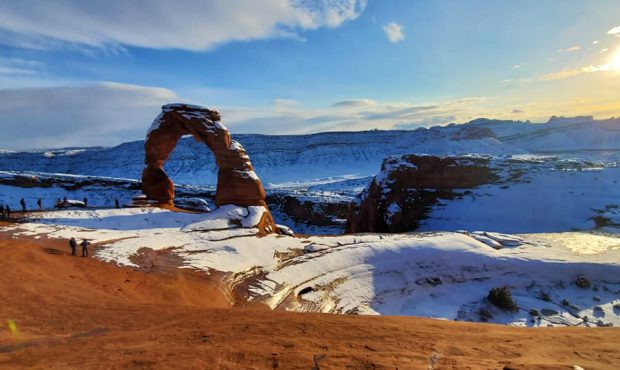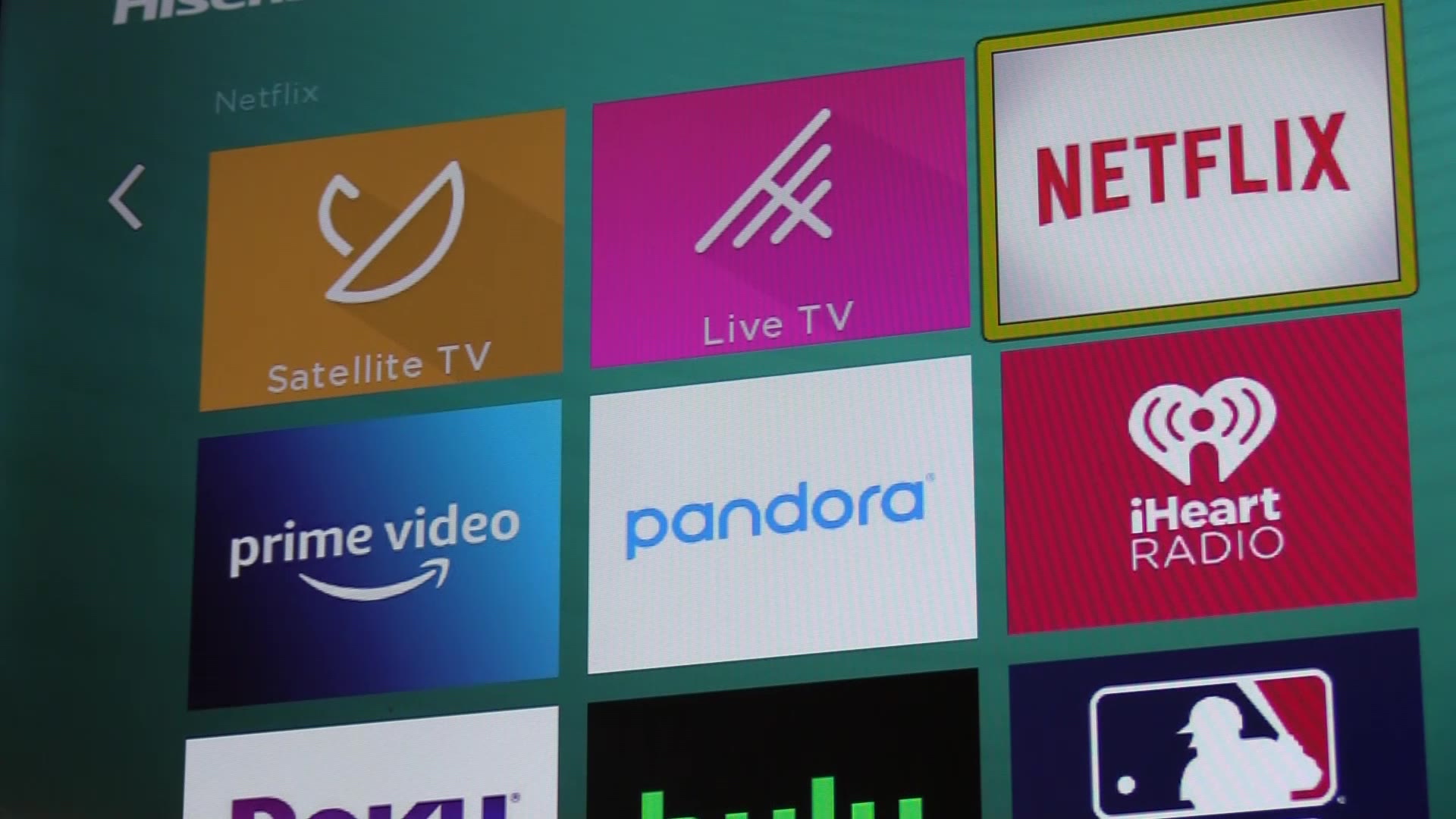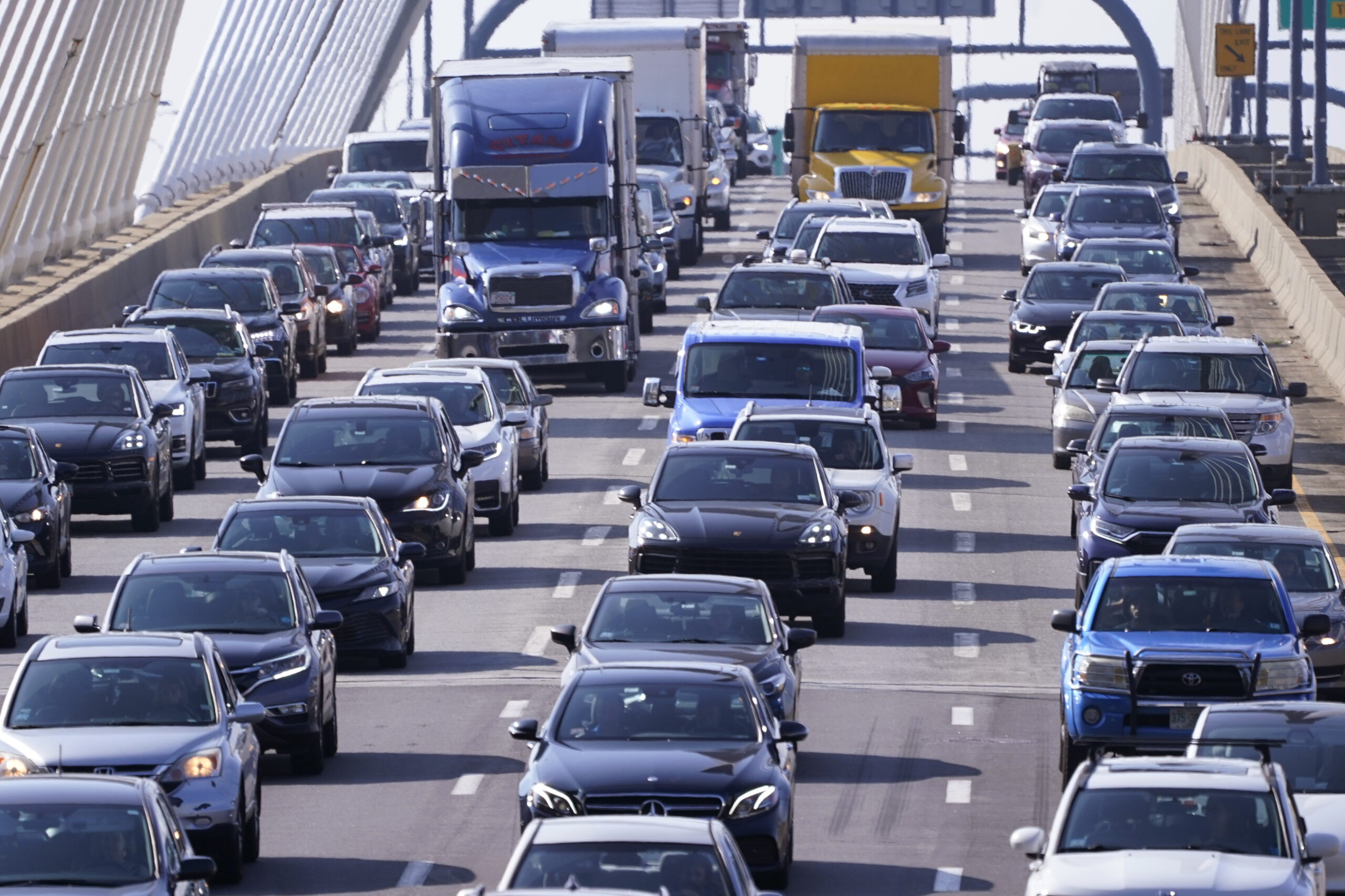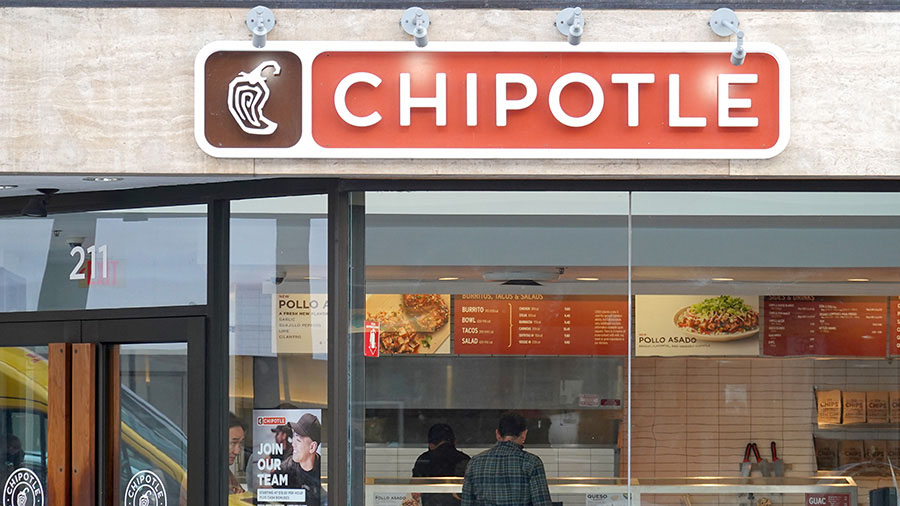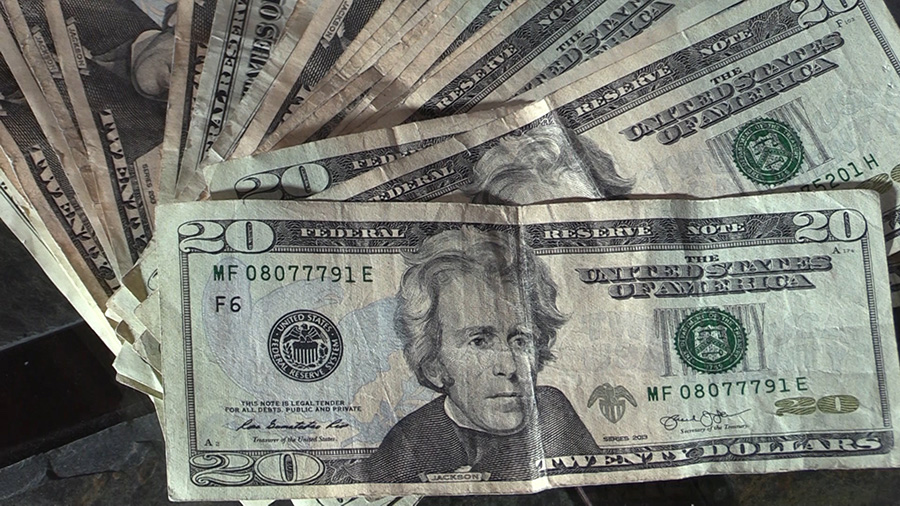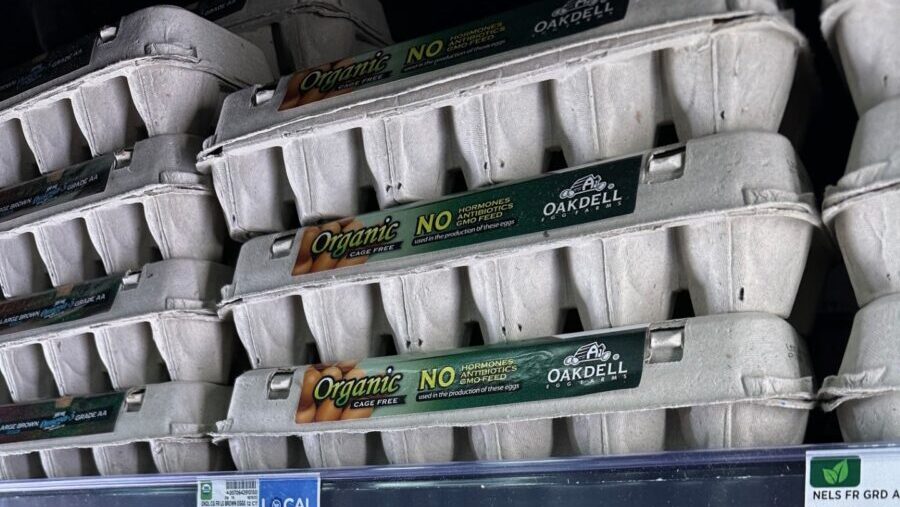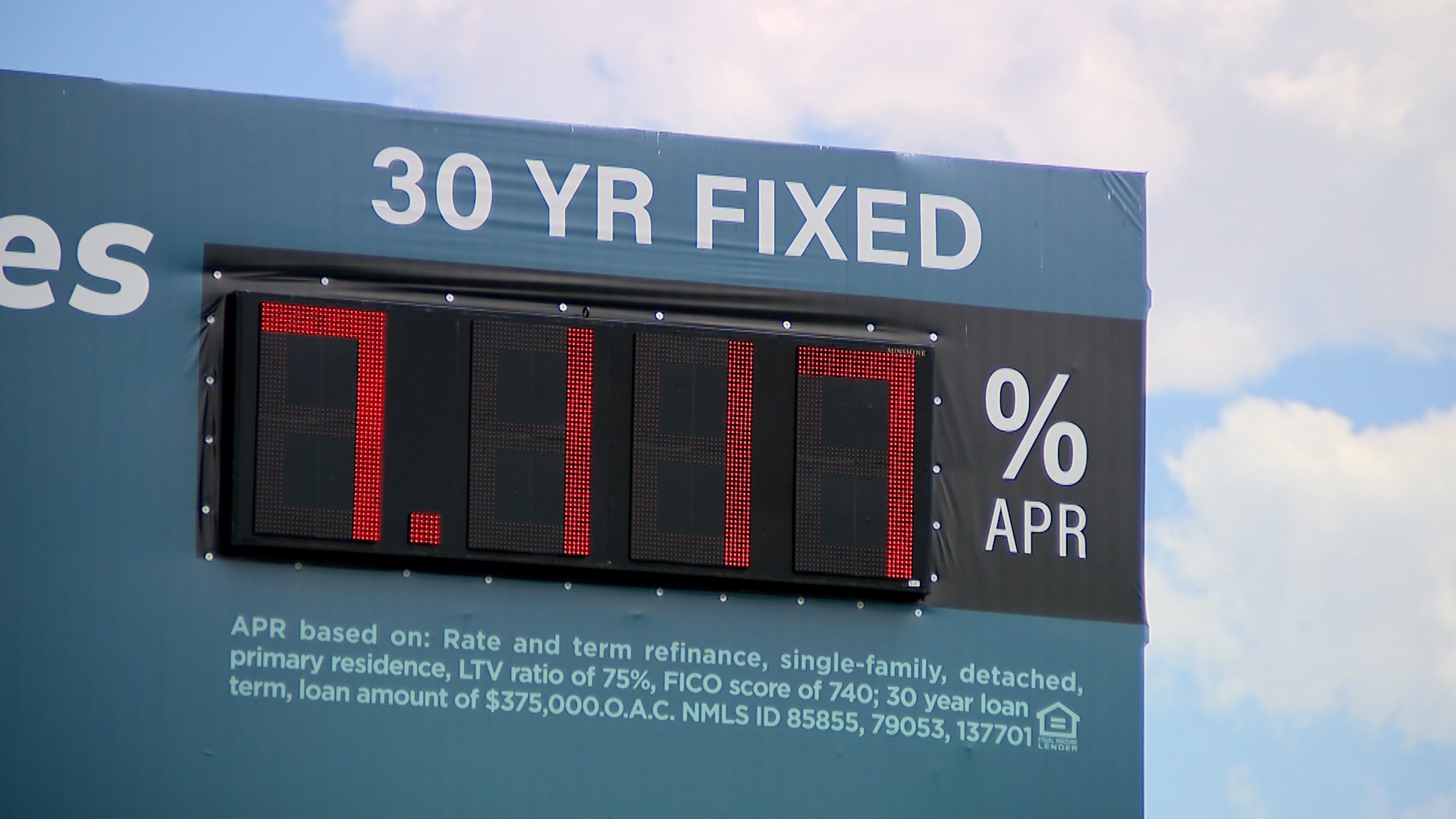SALT LAKE CITY — Visitation to Utah’s national parks sparked a total economic output of about $2.6 billion in 2022, a slight increase from the previous year and the third-highest in the nation, according to a new report from the National Park Service.
The report, released earlier this week, shows the national parks system as a whole produced $50.3 billion in economic output nationwide last year, up about 25% from the $42.5 billion output in 2021, although researchers say some of that is because of inflation.
The annual peer-reviewed report examines visitation data for all national parks, monuments, recreation areas, national trails and historic parks overseen by the National Park Service, as well as other factors, including visitor survey data. The latter provides greater insight into where visitors are coming from, how long they are staying, how they are traveling and other spending details.
Researchers then add in economic factors from state and federal sources, which included record-high inflation last year.
After tabulating all the numbers, the report states that about 13.6 million visitors came to Utah’s “Mighty 5” national parks or 12 other national recreation locations last year. These visitors spent about $1.7 billion, which supported more than 23,000 jobs. Spending, labor income and the value of that income resulted in $2.6 billion in economic output.
Utah’s total national recreation visitation landed seventh overall in the U.S., behind the District of Columbia (39.4 million), California (38.2 million), Virginia (22.5 million), North Carolina (20 million), New York (16.8 million) and Florida (14.4 million).
However, Utah’s economic output exceeded most of those states and districts last year because its visitation generated more spending and more jobs. Only California ($4.5 billion) and North Carolina ($4 billion) flaunted larger economic outputs last year; Tennessee ($2.1 billion) and Virginia ($1.9 billion) round out the top five in this category behind the Beehive State.
“Every park in (Utah) offers unique experiences, from learning about history up close to diverse outdoor recreational opportunities. There’s something for everyone to see and enjoy,” Kate Hammond, director for the National Park Service’s Intermountain region, said in a statement Monday.
Utah’s 2022 figures represent a 3.4% increase in economic output despite an 8.4% drop in visitation from the 2021 report. Last year’s record inflation and high gas prices, especially during the summer when Utah’s parks are most visited, is a major reason for this.
The report acknowledges inflation is considered in spending and final output; however, researchers admit that their inflation estimate method is “likely conservative” compared to the “actual rate of inflation experienced” across the U.S. last year.
Meanwhile, the total U.S. economic output figure increased because visitation to the entire national park system also rose by 5% last year, resulting in a 17% jump in supported jobs. Visitation to national parks supported more than 375,000 jobs last year, the report adds.
The National Park Service’s findings follow preliminary data from the University of Utah Kem C. Gardner Policy Institute that suggests the entire tourism industry generated nearly $12 billion in 2022, supporting more than 150,000 statewide jobs and generating an estimated $2.12 billion in tax revenue. National parks are considered a major part of statewide outdoor tourism along with state parks and ski resorts.
Utah’s tourism industry leaders say there haven’t been any signs of it slowing down, either, especially as Salt Lake City International Airport travel and Salt Lake County hotel occupancy rates are now starting to reach pre-COVID-19 pandemic levels.
“I think the outlook is optimistic,” Jennifer Leaver, a senior tourism analyst at the Gardner Policy Institute, said at an event held earlier this month. “I think people that forecast the tourism industry see this kind of strong and steady continual increase over time.”
